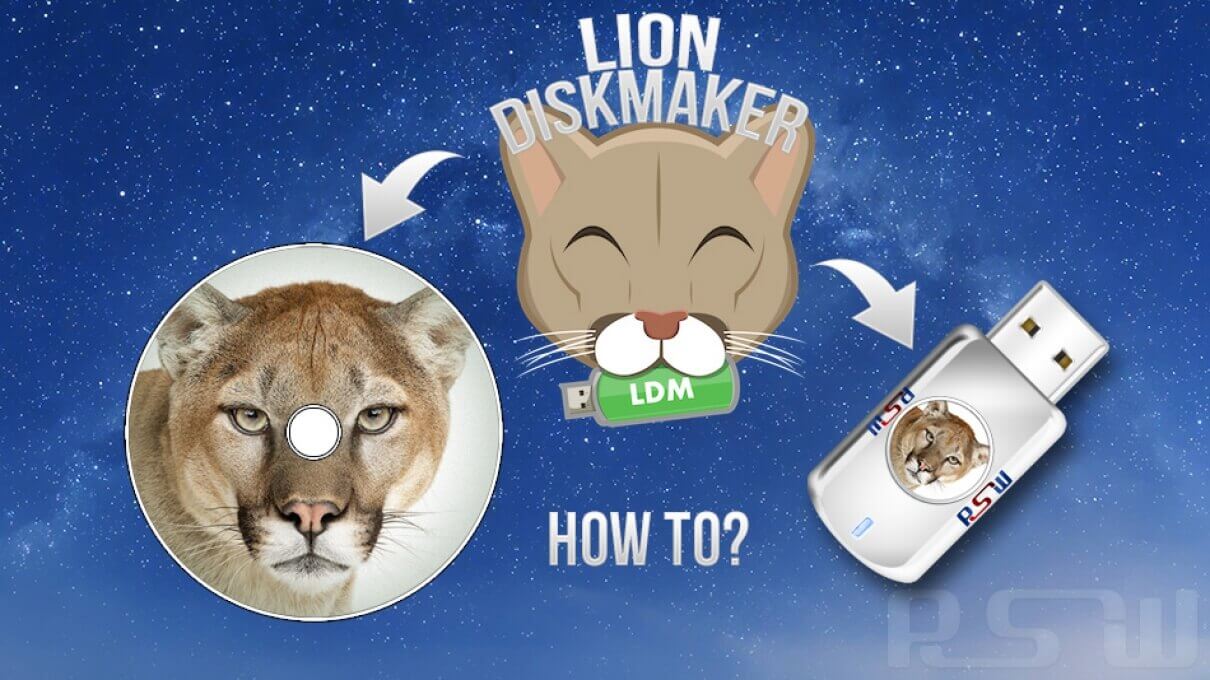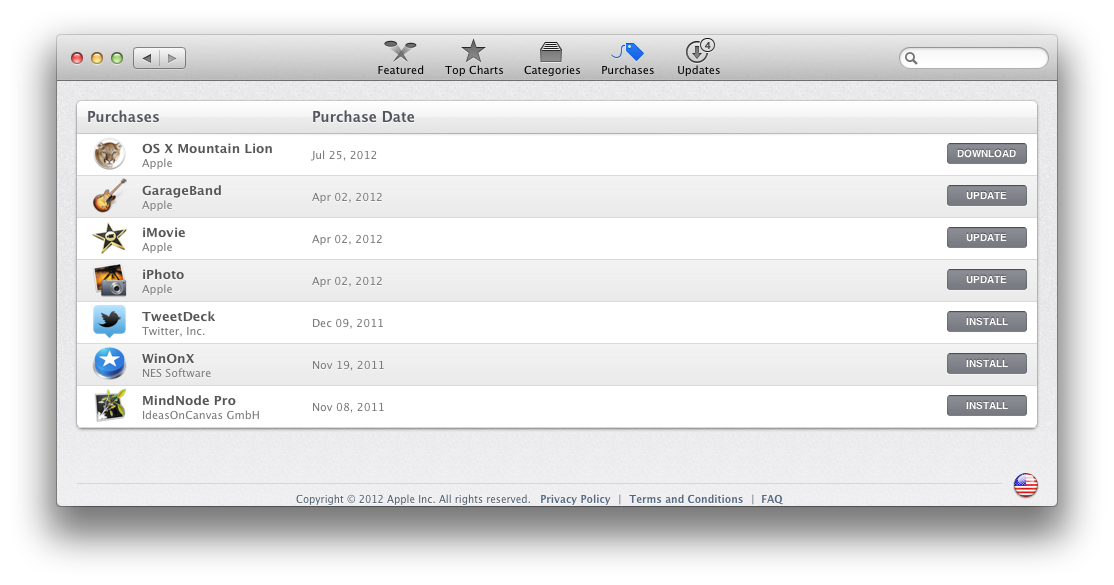

You should choose "Mac OS Extended (Journaled)" as the format.

After booting from the Mountain Lion installer, you will need to open the Disk Utility and erase the entire internal drive. My 2011 iMac will boot without any issues.Ĭatalina uses APFS which will not be recognized by Mountain Lion. OS X 10.8.4 and I can not boot from any OS X 10.8.5 installer created using instructions given in this answer. However, shows the earliest OS X that can installed on my iMac (21.5-inch, Late 2013) is Therefore, you should be able to install Mountain Lion on your Mac. Press and hold the Option key when you hear the startup sound.A quick check at shows the earliest OS X that can be installed on a 2012 MacBook Pro model is between OS X 10.7 3 and OS X 10.8.2 inclusively. If it’s already on, press the Restart button. Press the Power button to turn on your Mac. Put the USB boot media into a USB slot that is open. It’s pretty easy to get your Mac to load from a USB drive.

You can now quit Terminal and eject the volume.įAQ How to make a bootable USB drive for Mac? When Terminal says that it’s done, the volume will have the same name as the installer you downloaded, such as Install macOS Monterey.After the volume is erased, you may see an alert that Terminal would like to access files on a removable volume.Terminal shows the progress as the volume is erased. When prompted, type Y to confirm that you want to erase the volume, then press Return.Terminal doesn’t show any characters as you type. When prompted, type your administrator password.If the volume has a different name, replace MyVolume in the command with the name of your volume. Each command assumes that the installer is in your Applications folder, and MyVolume is the name of the USB flash drive or other volume you’re using. Type or paste one of the commands below into Terminal, then press Return to enter the command.



 0 kommentar(er)
0 kommentar(er)
